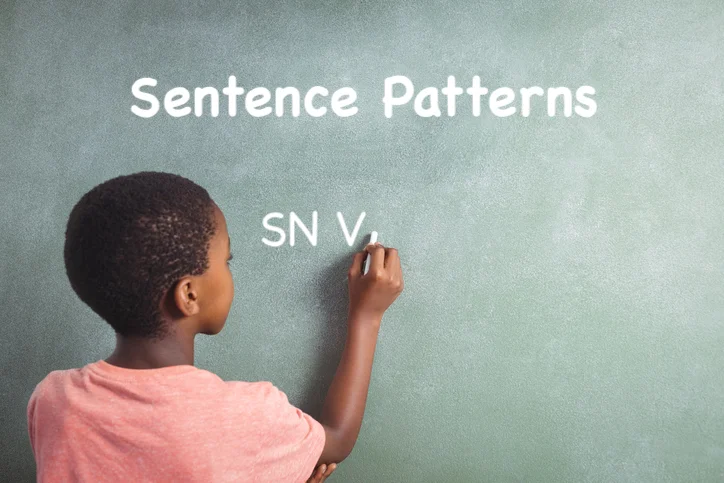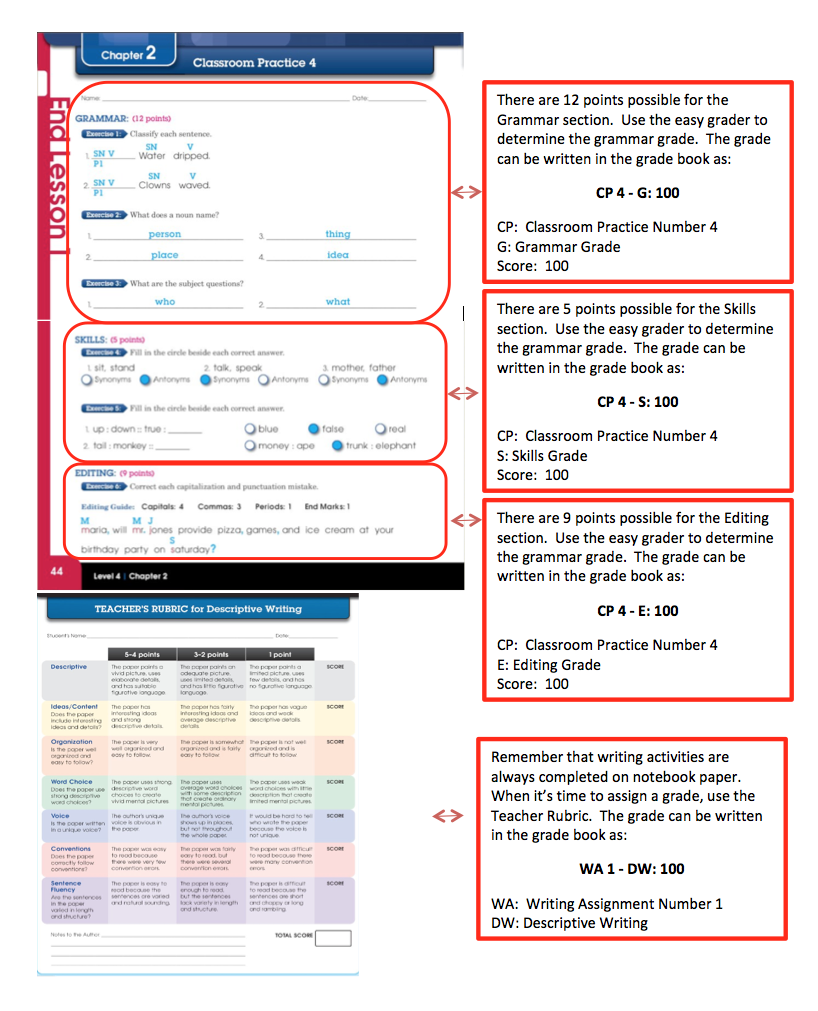This week, I evacuated from my home in North Carolina due to Hurricane Florence. I headed out of town alone, following the others trying to seek safe shelter from the life-threatening storm. Nine hours later, I arrived at my turnoff, and it was completely dark except for my vehicle’s headlights. Imagine this…
I’m in the middle of a mountain range that is unfamiliar to me, and the GPS (yes there’s service) tells me to turn right, up this steeeeep hill! For a split second I questioned Maggie, my GPS, as if I thought I might know better or more than her. In that second of hesitation, my car stalled on the steep incline and a wave of panic came over me. I took a deep breath, restarted my SUV, and said to myself, “Just go with it!” I did, and I pushed the gas pedal to get going.
With fluttering in my stomach, I made my way up the dark and winding road that had been paved before me. Once I made it to the top of that steep hill, I still had no clue where I was going exactly. I could only see the next step in front of me, and I knew I had to keep going.
When I arrived, the destination home where I will be staying until the storm passes was also completely dark and unfamiliar. So, with my measly headlamp and suit of “No Fear!” armor, I followed the steps given to me to let myself into the home to get it up and running. I found the key. Then, I found a light, and from there I just went with it!
The fear of the unknown can be incredibly scary, testing your patience and faith. But, trusting the road that has been successfully paved for you can sometimes lead you in just the right direction!
Some teachers might feel the same way I did on the steep hill when they begin to teach Shurley English. I imagine you’ve heard someone say, “Just trust the process.” It seems this phrase has become a part of our daily verbiage. I know that I’ve even said it while leading Shurley English trainings. So, let’s take a closer look at how Merriam-Webster defines the words: trust & process.
Trust
a : assured reliance on the character, ability, strength, or truth of someone or something
b : one in which confidence is placed
Process
a (1) : a natural phenomenon marked by gradual changes that lead toward a particular result-the process of growth
So, what does “trusting the process” mean when it comes to Shurley English?
- It means trusting that each feature of Shurley English has a purpose in the big picture of teaching students how to make the Grammar Writing Connection.
- It means trusting that the cute little Jingles actually help to lay the foundation for the Question and Answer Flow by using domain specific language.
- It also means having confidence in the format and sequence of the Q&A Flow, trusting that it will teach sentence analysis and reinforces sentence fluency and proper sentence structure.
- It means trusting in the value of teaching the reverse approach to the Q&A Flow through Sentence Blueprints, in order to help students learn how to build and revise creative sentences independently.
- It means having faith that your diligence in teaching all the skills introduced in Grammar, Writing, Reading, and Speaking & Listening, while having students apply them daily, will pay off!
- It means relying on the Writing Evaluation Guide and Traits of Effective Writing to help guide your students through the 6-Step Writing Process so they can become confident and competent writers.















































































































